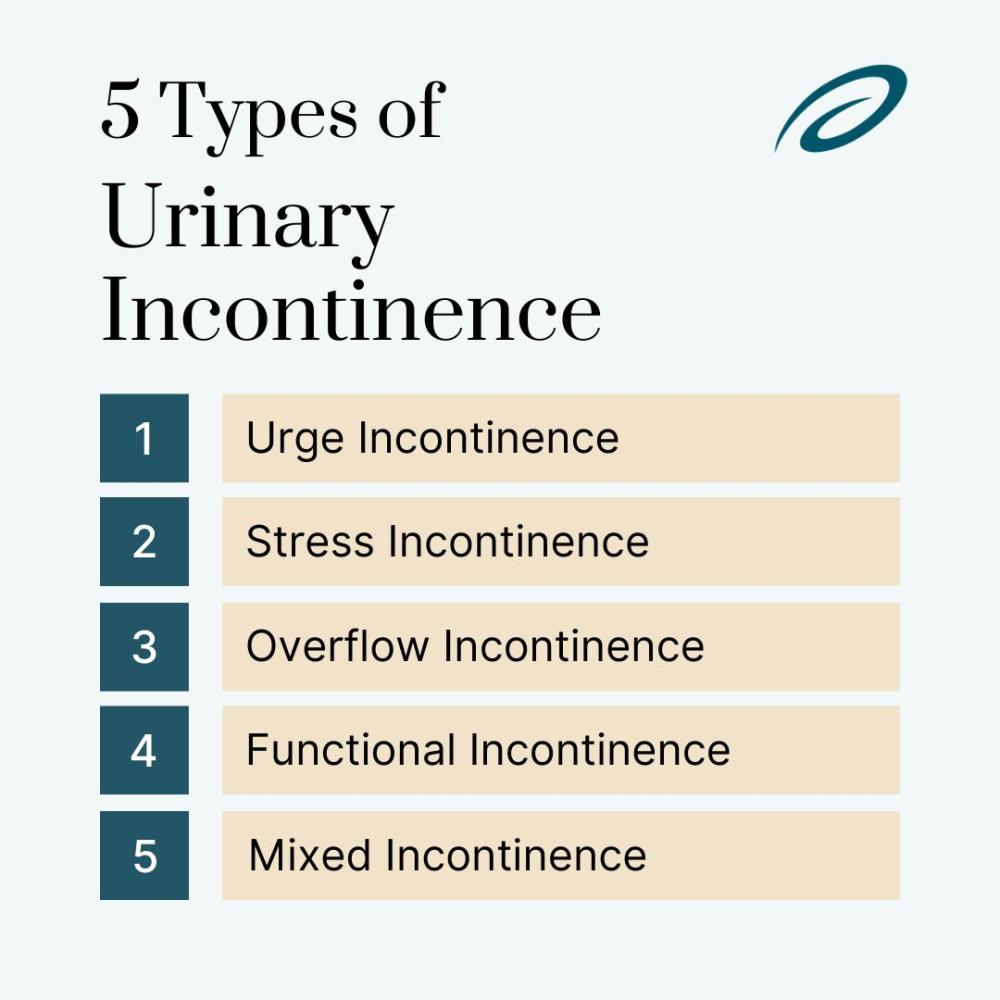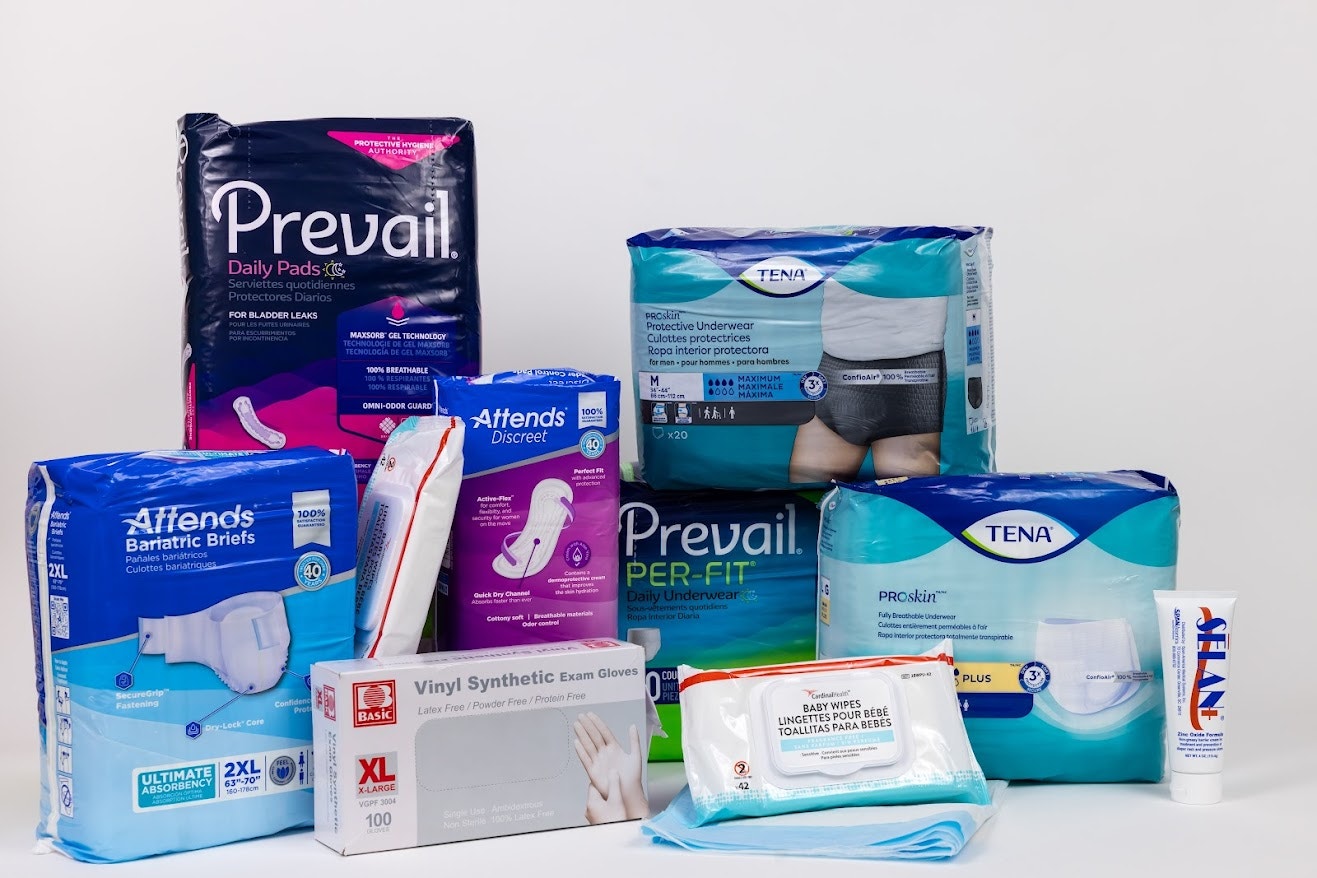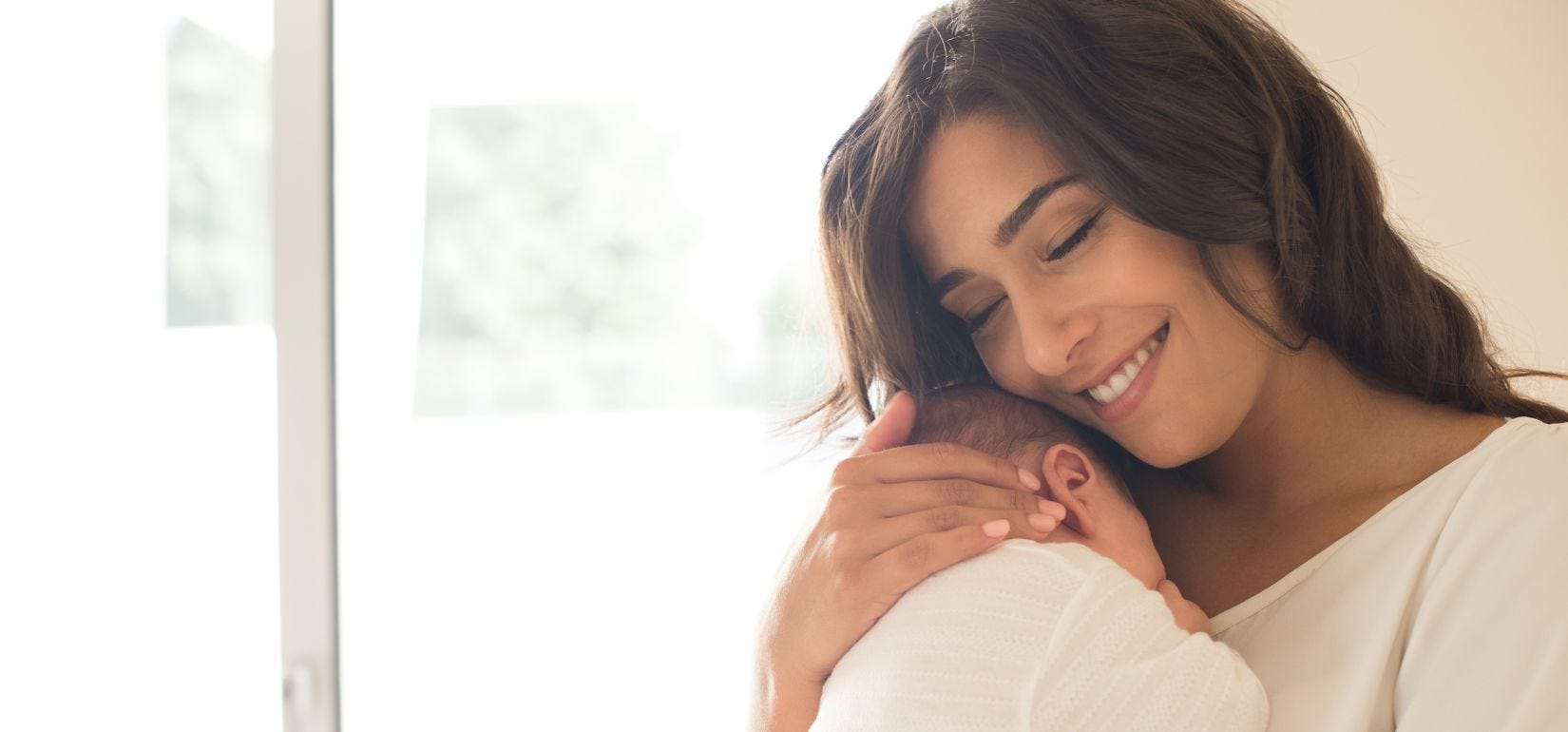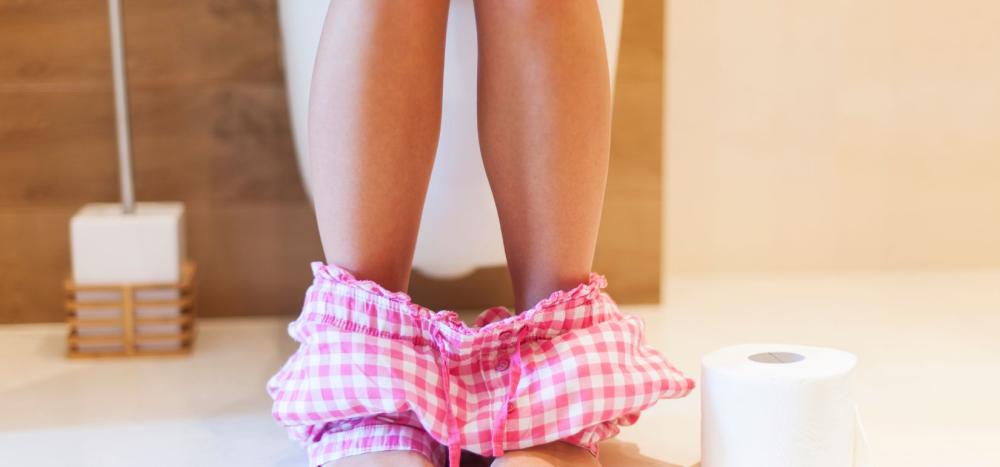Leaking urine when you sneeze. Heading to the bathroom every half hour. Dribbling urine after emptying your bladder. If any of these symptoms sound familiar, you may have a bladder condition called urinary incontinence.
Because urinary incontinence isn't typically taught about or discussed openly, you may not realize that you've been managing it. You also may not know which type of urinary incontinence you're dealing with, but don't worry!
In this article, we'll explain the different types of urinary incontinence and their unique symptoms and discuss some treatment options.
Urinary Incontinence Explained
Urinary incontinence (UI), or the involuntary loss of urine, is a common health condition in the United States. According to the National Association for Continence (NAFC), 25 million people in the US experience some form of UI every day. UI can occur due to urinary tract infections (UTIs), constipation, caffeine consumption, underlying medical conditions or disabilities, or as a side effect of some medications (such as a diuretic), among other conditions.
Check Your Eligibility
2 Easy Steps
From catheters to pediatric and adult incontinence supplies, discover the continence care essentials covered by your insurance.
5 Types of UI
- Urge incontinence.
- Stress incontinence.
- Overflow incontinence.
- Functional incontinence.
- Mixed incontinence.
Urinary incontinence in women can occur during pregnancy, after childbirth, and during the menopausal transition, as estrogen levels decrease.
For men, an enlarged prostate or prostate surgery may trigger or exacerbate the loss of bladder control.


UI is also common in individuals with certain medical conditions like metabolic syndrome, increased central adiposity, nerve damage, or disabilities that impact the function of the bladder muscles, such as a spinal cord injury (SCI) or multiple sclerosis (MS).
Urge Incontinence
The most common of the 5 types of UI is urge incontinence. While the cause is not always known, urge incontinence occurs when the bladder muscles contract or spasm so forcefully that you cannot control your urine flow.
This loss of control can lead to frequent, unwanted leakage and is commonly referred to as an overactive bladder (OAB). Frequent urination, accompanied by urge incontinence, can make this condition extremely disruptive to everyday life.
Those with more severe cases may feel the need to go to the bathroom every few minutes.
Symptoms
- Strong, sudden urge to urinate followed by an involuntary loss of urine.
- Loss of urine while sleeping.
Causes
Conditions that may contribute to urge incontinence include:
- Obesity
- Bladder inflammation.
- Prostate blockage and surgery.
- Nerve damage.
- SCI
Treatments
Biofeedback practices such as bladder training and timed voiding are often used to treat this type of incontinence. Depending on the cause and severity, medications may also be prescribed.
Stress Incontinence
Stress incontinence occurs when a sudden pressure, or stress, is placed on the bladder, resulting in urine leakage.
Symptoms
Stress incontinence can occur during various types of physical activity, including:
- Coughing, sneezing, or laughing.
- Lifting heavy objects.
- Exercising, jumping, or bending over.
Causes
Stress incontinence can be caused by a weakening of the urinary sphincter or pelvic floor muscles. The urinary sphincter and pelvic floor muscles allow you to control your urine flow. This weakening can be caused by:
- Prostate blockage or surgery.
- Pregnancy and childbirth.
- Obesity
- Chronic coughing.
Treatments
Incontinence products like bladder control pads, male guards, and protective underwear can be beneficial due to the unpredictable nature of stress urinary incontinence. Urologists sometimes use a pessary, or vaginal insert, for women with stress incontinence to support the bladder muscles and urethra.
Overflow Incontinence
Overflow incontinence is characterized by the frequent or constant dribbling of urine due to the inability to empty the bladder completely. If you have overflow incontinence, you may experience frequently passing a small amount of urine, yet never feel like your bladder is entirely empty.
This urinary retention can lead to a higher risk for UTIs due to the bladder continually holding a small amount of urine. This retained urine can be a breeding ground for bacteria, causing the infection.


Symptoms
- Urine leaks or frequent dribbling of urine.
- Loss of urine while sleeping.
- Inconsistent or weak urine stream.
- Inability to fully empty the bladder after voiding.
- Frequent voiding of small amounts of urine.
- Frequent UTIs.
Causes
Overflow incontinence can be caused by a weakening of the urinary sphincter or pelvic floor muscles. The urinary sphincter and pelvic floor muscles allow you to control your urine flow. This weakening can be caused by:
- Blockage in the urethra.
- Bladder stones.
- Enlarged prostate.
- Side effects of medications.
- Nerve damage due to certain conditions such as MS, diabetes, or spina bifida.
Treatments
Treatment options for overflow incontinence include medications, lifestyle changes, catheter usage, and timed urination.
Functional Incontinence
Functional incontinence is a type of incontinence that does not stem from urethral or bladder dysfunction. It occurs most frequently among individuals with mobility or cognitive issues.
Symptoms
- Inability to reach the toilet and undress in time for voiding.
Causes
Conditions that may contribute to urge incontinence include:
- Back pain, joint pain, or arthritis.
- Dementia
- Medications that cause extreme drowsiness.
- Parkinson's disease or Alzheimer's disease.
- MS
- Difficulty transferring from a wheelchair to the toilet.
Treatments
The treatment for functional incontinence will depend on the treatment of the underlying condition that causes it.
Mixed Incontinence
As the name suggests, mixed urinary incontinence occurs when you experience more than 1 type of incontinence. Often, mixed incontinence refers to the coexistence of urge and stress incontinence.
Symptoms
- Experiencing 1 or more sets of UI symptoms at once.
Causes
Causes can range and be mixed based on underlying conditions that cause 1 or more types of incontinence.
Treatments
Treatment of mixed incontinence typically involves a combination of the same treatment options used in stress and urge incontinence cases.
Treatments for Urinary Incontinence
While there isn't a "cure-all" solution to achieve continence, treatment options exist to manage your symptoms.
- Pelvic floor exercises with guidance from a physical therapist.
- Bladder training.
- Timed voiding.
- Biofeedback practices.
- Medications.
- Surgical interventions.
- Botox injections.
The best treatment option for many people is managing symptoms through small lifestyle changes. Avoiding diuretics, such as coffee or foods that irritate the bladder, can go a long way in helping manage incontinence symptoms.
Finding the right mix of continence care supplies for your needs will allow them to maintain your daily activities, as well.
Free Incontinence Supplies Through Insurance
For many people, utilizing disposable incontinence supplies is a great way to manage UI while maintaining quality of life. Often, your healthcare provider will recommend a specific product type to fit your needs. These products range in absorbency levels to protect from light levels of leakage to heavier, more frequent incontinence.
Utilizing disposable continence care products daily can be expensive. However, most Medicaid plans will provide full coverage of these supplies. Aeroflow Urology can help you determine your coverage for the high-quality continence care supplies you need. Submit your information through our secure Eligibility Form, and we'll take care of the rest!
Disclaimer
Information provided on the Aeroflow Urology website is not intended as a substitute to medical advice or care from a healthcare professional. Aeroflow recommends consulting your healthcare provider if you are experiencing medical issues relating to incontinence.











